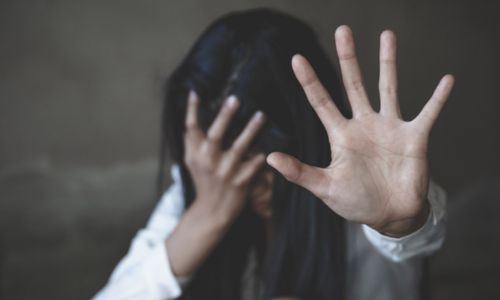Bahrain employs tough, multifaceted strategy to aggressively combat human trafficking in all its forms
TDT | Manama
The Daily Tribune - www.newsofbahrain.com
Human trafficking is considered a crime that constitutes a violation of human rights and fundamental freedoms.
According to the Protocol to Prevent, Suppress and Punish Trafficking in Persons Supplementing the United Nations Convention against Transnational Organised Crime, human trafficking is defined as: “the recruitment, transportation, transfer, harbouring or receipt of persons, by means of the threat or use of force or other forms of coercion, of abduction, of fraud, of deception, of the abuse of power or of a position of vulnerability, or of the giving or receiving of payments or benefits to achieve the consent of a person having control over another person, for the purpose of exploitation”.
This exploitation includes, at a minimum, the exploitation of the prostitution of others or other forms of sexual exploitation, forced labour or services, slavery or practices similar to slavery, servitude or the removal of organs.
According to Bahraini law, human trafficking is considered a criminal offence punishable by imprisonment for terms ranging from five to ten years, in addition to a financial fine not less than BD2,000 and not exceeding BD10,000, and this fine cannot be waived by the victim.
The Directorate of Combating Human Trafficking and Protecting Public Morals within the General Directorate of Criminal Investigation and Forensic Evidence undertakes significant efforts in confronting such crimes through continuous co-operation and co-ordination with relevant authorities in the Ministry of Foreign Affairs, Labour and Social Development, the Labour Market Regulatory Authority (LMRA), Nationality, Passports and Residence Affairs (NPRA), and other relevant bodies regarding receiving reports and exchanging necessary information to combat human trafficking.
Prostitution In addition, investigation and search personnel are intensively present in places where there is information about the presence of victims who have been forced into prostitution, which is a form of human trafficking.
The Directorate also works to train and develop the skills and capabilities of its employees in proactive methods for detecting victims, such as observing the victim’s appearance, signs of fear or depression, and scars or bruises on their bodies.
Moreover, the Directorate also maintains continuous co-operation with international organisations through active participation in meetings, conferences, and seminars.
It strives to raise public awareness of the dangers of this crime through launching campaigns using various media outlets and distributing multilingual educational brochures.
Full protection
Regarding victims of trafficking, the Directorate extends to them full protection against those who attempt to threaten their security by providing them with a safe haven.
It also gives them with health and psychological care, in addition to guaranteeing their right to access legal advice by providing them with lawyers and legal advisors.
They also have the right to receive fair compensation for the harm they have suffered as a result of their exploitation and the violation of their rights during the trafficking process. The Directorate also facilitates their procedures for returning to their home countries upon request.
Related Posts

